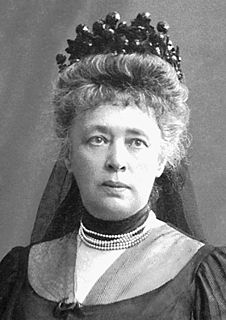Цитата Тимоти Рэдклиффа
Ключевой вопрос для будущего Европы заключается в том, будут ли эти религии жить вместе в мире или же они разорвут Европу на части.
Связанные цитаты
Все реже задается вопрос о том, идет ли развитие демократическим и свободным путем. Европа находится в фазе, когда этот результат уже недостаточно заметен или осязаем. Безработица среди молодежи по-прежнему слишком высока, мы до сих пор не решили нашу валютную проблему, а условия жизни в Европе ухудшаются. Это одна из причин, по которой критики говорят, что наша Европа основана на модели прошлых лет.
В Европе мир с 1945 года. Но это беспокойный мир, омраченный угрозой насилия. Европа разделена. Неестественная линия проходит через сердце очень великой и очень гордой нации [Германия]. История предупреждает нас, что до тех пор, пока не будет разрешено это жесткое разделение, мир в Европе никогда не будет прочным. Мы должны обратиться к одной из великих незавершенных задач нашего поколения, и эта незавершенная задача состоит в том, чтобы снова сделать Европу единой.
Федеративная Республика Европы — Соединенные Штаты Европы — вот что должно быть. Национальной автономии уже недостаточно. Экономическая эволюция требует отмены национальных границ. Если Европа останется расколотой на национальные группы, империализм возобновит свою работу. Только Федеративная Республика Европы может дать мир миру.






































